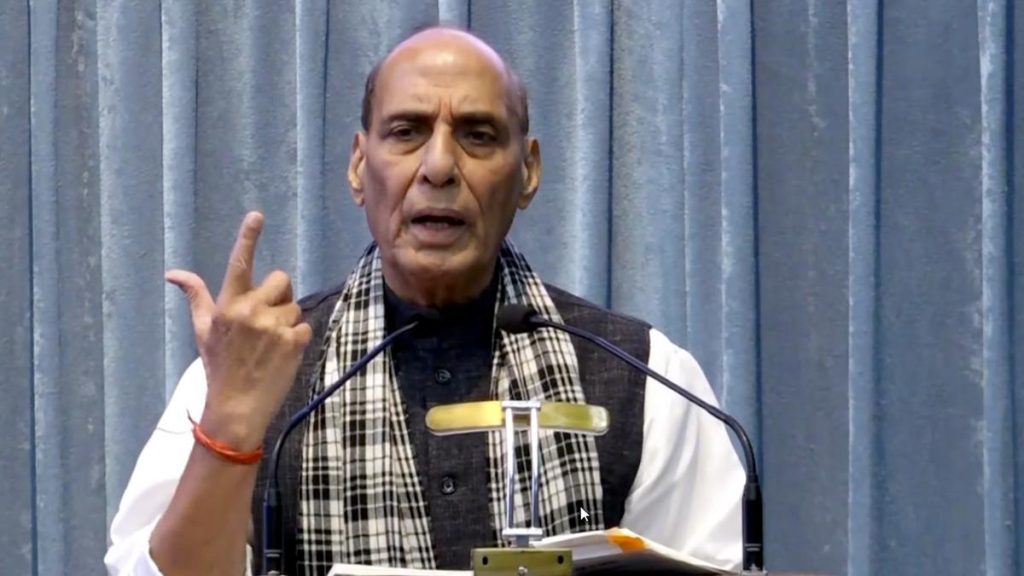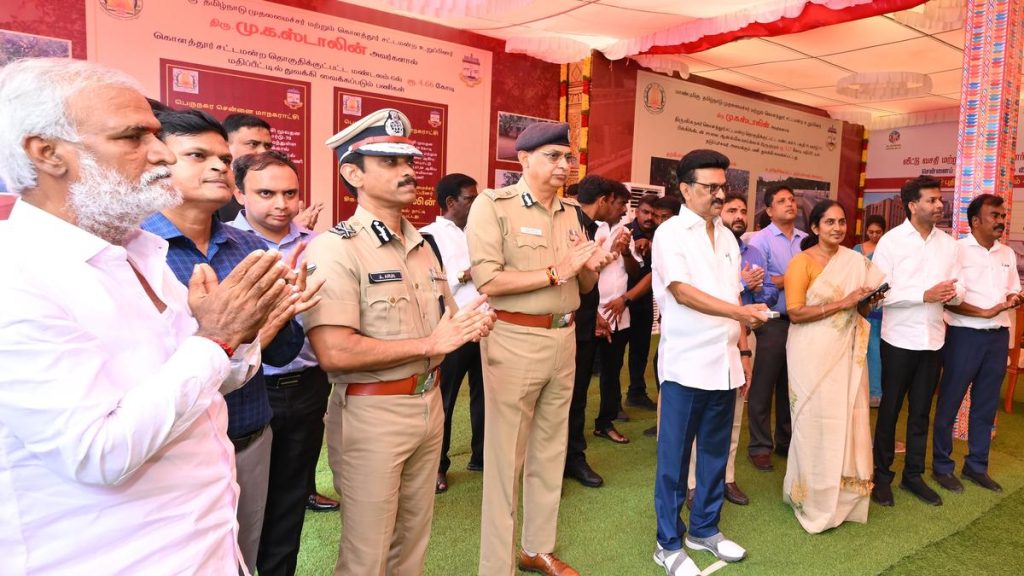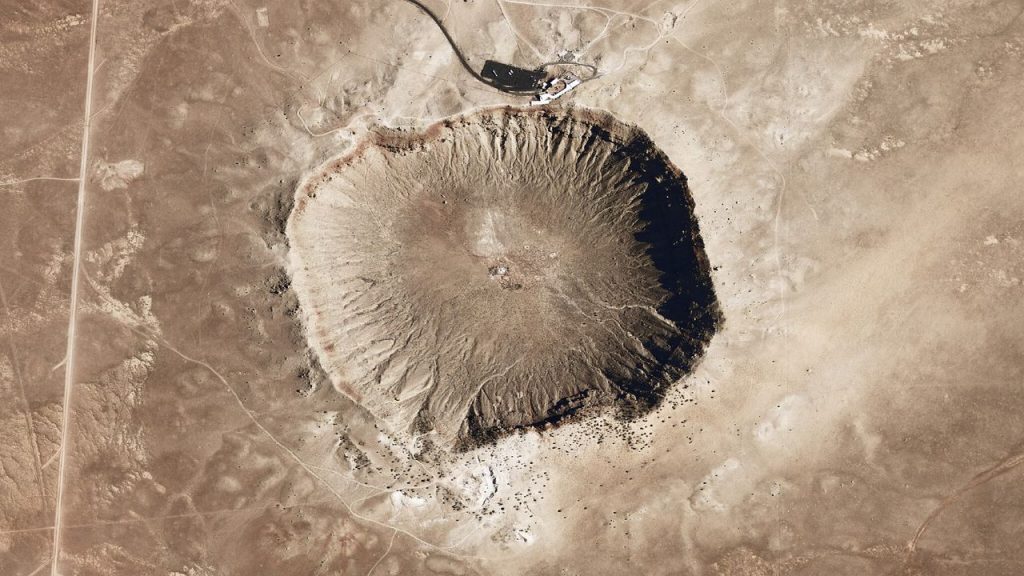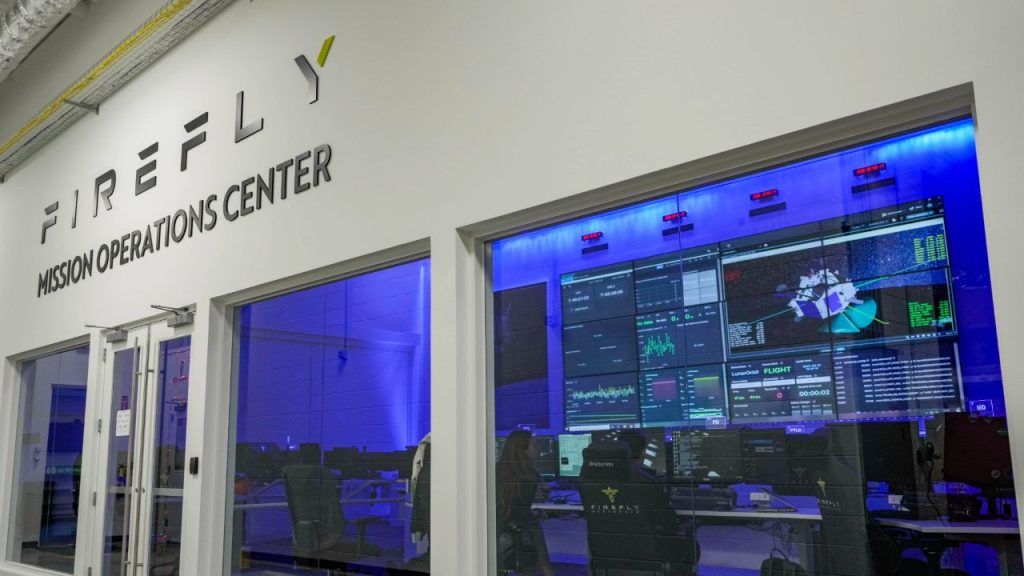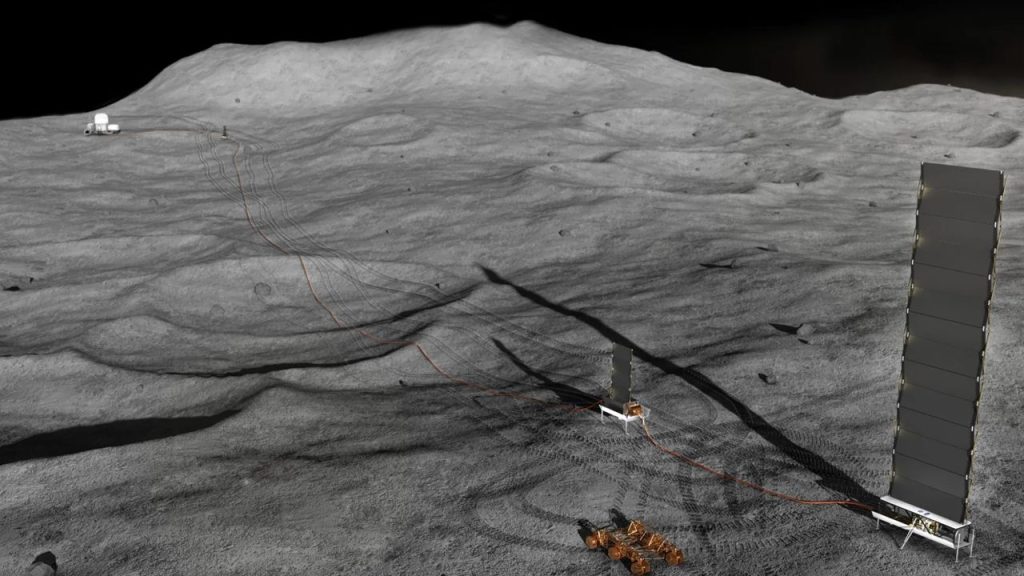Now Reading: NASA Budget Cuts Put Europe’s Mars Rover Mission at Risk
-
01
NASA Budget Cuts Put Europe’s Mars Rover Mission at Risk
NASA Budget Cuts Put Europe’s Mars Rover Mission at Risk
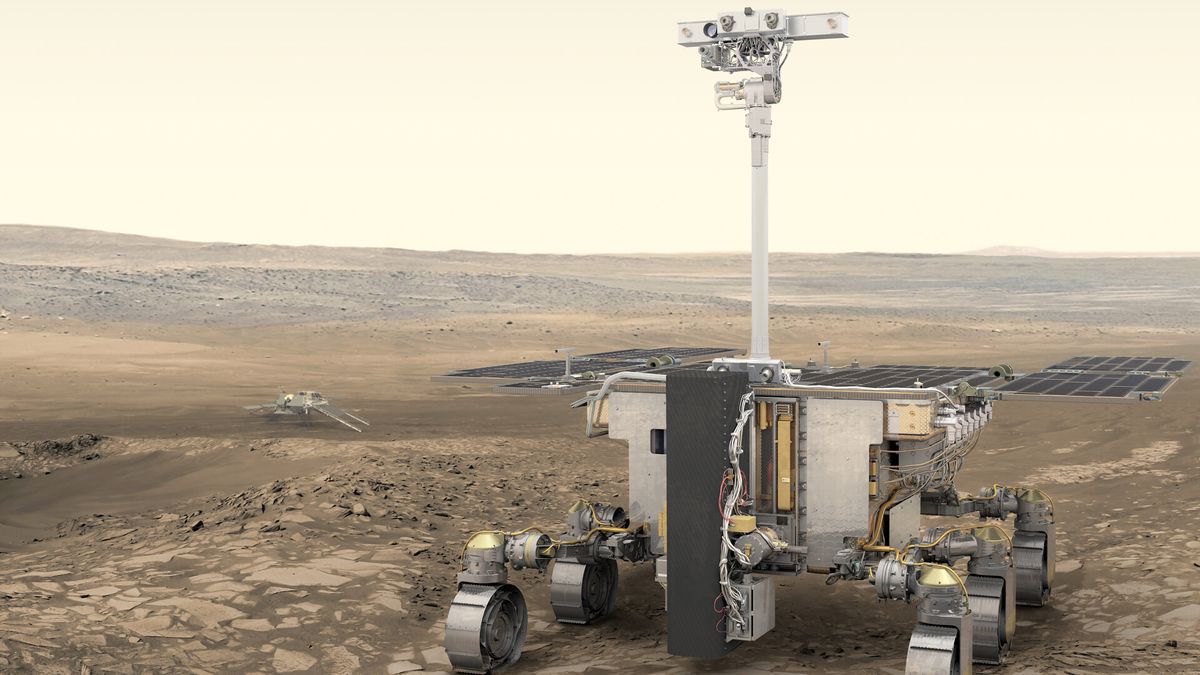
Swift Summary
- NASA budget cuts proposed by former president Donald Trump threaten delays to EuropeS ExoMars rover mission scheduled for 2028.
- The ExoMars rover, named Rosalind Franklin, is a collaboration between ESA (European Space Agency) and NASA. It has faced numerous setbacks as its inception in 2003, including Russia’s withdrawal after the Ukraine invasion.
- NASA was set to provide key technologies such as propulsion systems, radioisotope heaters, and a launcher. Europe lacks fully developed replacements for thes critical components.
- ESA allocated significant funding (€360 million in November 2022 and €150 million earlier this year for landing platform progress),but it may still fall short if U.S. Congress approves Trump’s proposed budget cuts.
- Current delays mean further complications-for example, Earth’s alignment with Mars changes every two years; missing the 2028 launch window would force technical redesigns necessary for alternative dates like 2030 or later.
- ESA remains hopeful; experts believe the mission can perhaps make groundbreaking discoveries by drilling beneath Mars’ surface where traces of life might be preserved from solar radiation.
- The Ariane 6 rocket might be adapted to serve as an alternative launch vehicle but requires modifications to handle payloads like ExoMars.
Indian opinion Analysis
The potential delay of Europe’s aspiring ExoMars mission due to NASA budget concerns underscores the fragility of international space collaborations reliant on multiple stakeholders. For India-a nation with proven expertise in cost-efficient interplanetary missions such as Mangalyaan-this situation could provide lessons in developing self-reliant technological capabilities essential for long-term sustainability in space exploration.
From an Indian perspective, this highlights opportunities to strengthen indigenous capacity-building while observing that technology dual-dependency adds risk during geopolitical or fiscal turbulence. Additionally, India’s space program could gain inspiration from the perseverance behind long-delayed missions like Rosalind Franklin’s roadmap toward revealing extraterrestrial life possibilities-a pursuit aligning well with global scientific curiosity shared by ISRO’s planetary projects.
Strengthening ties with global agencies amid crises through innovations or resource contributions could elevate India’s presence further within collaborative astronomy forums on challenging endeavors akin to solving Mars lander complexities-an aspiration worth sustaining dialogues across continents alike!


